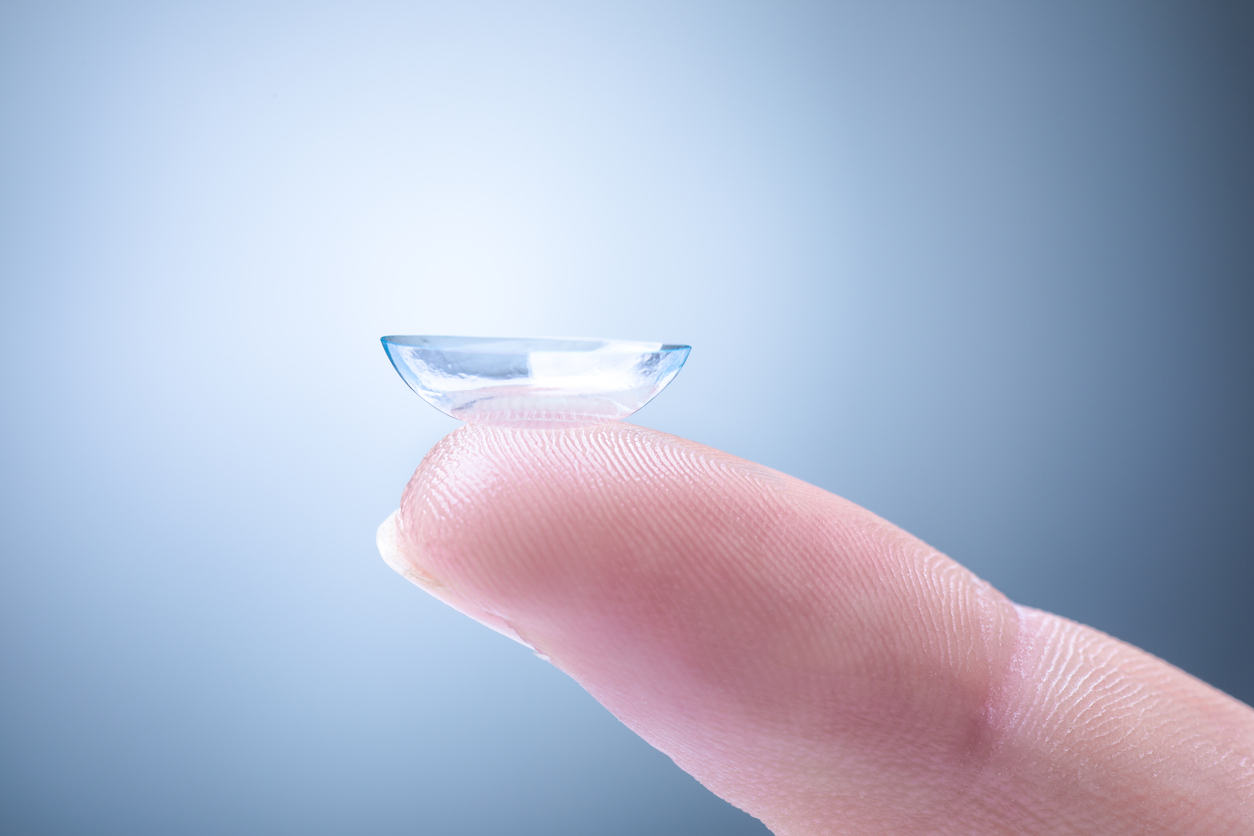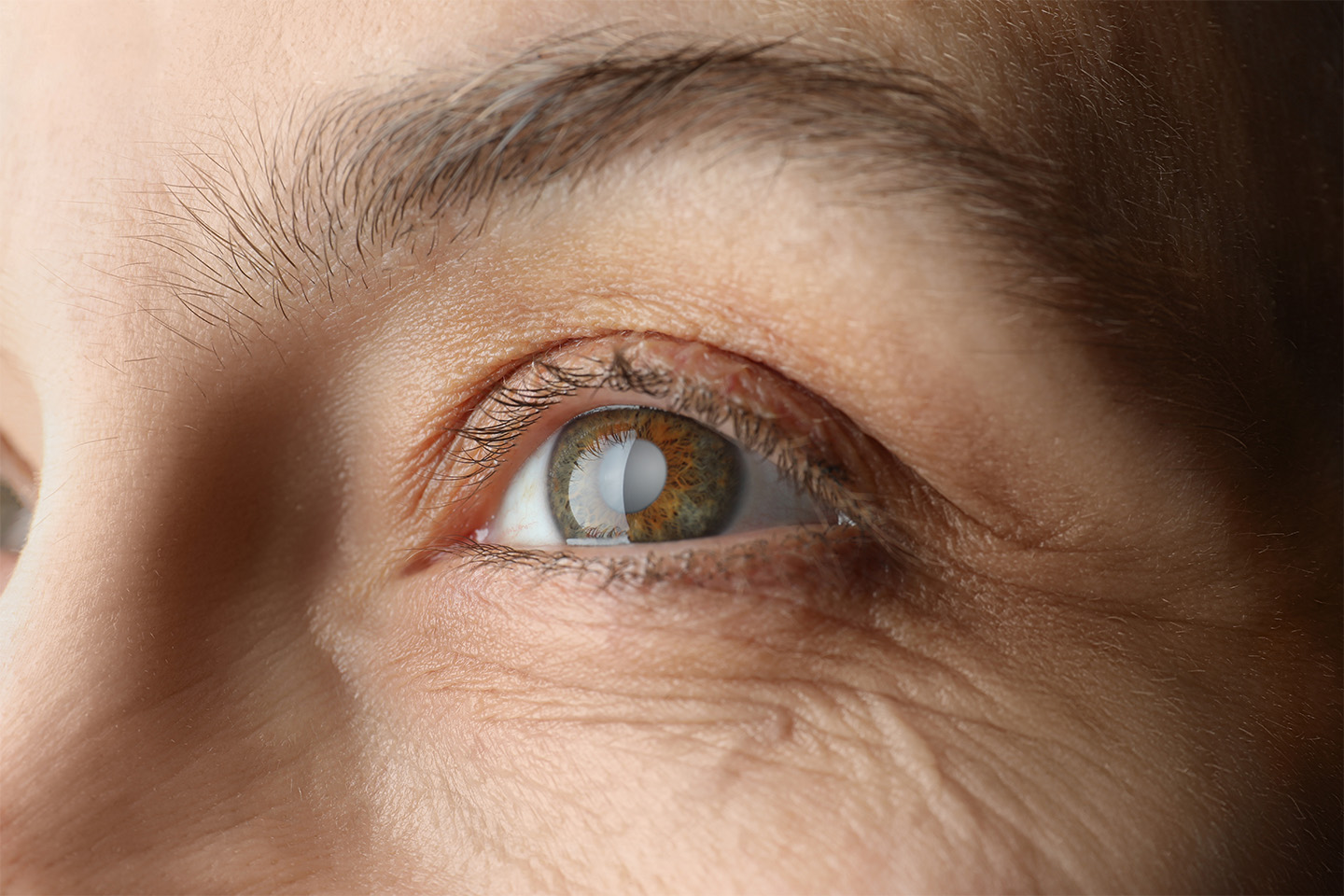How Eco-Friendly Are Your Contact Lenses?

Disposable lenses are convenient, but can they ever be good for the environment? Here’s what you should know:
Contact lenses, whether they are corrective or cosmetic, are a popular form of eyewear worldwide. Disposable lenses are convenient to use, affordable, and better suited to physical activities than prescription glasses. But contact lenses have their drawbacks when it comes to the environment.
Although smaller than soda bottles or take out bags, daily disposable contact lenses can have a negative impact on the environment. While there’s no such thing as biodegradable contacts just yet, there are measures contact-lens wearers can take to mitigate their impact.
Disposable Lenses and the Environment
Disposable lenses can last anywhere from a day to a month. Many people end up flushing their single-wear lenses down the toilet every day. In fact, according to a 2018 study, researchers found that 15-20% of contact lens wearers flush their disposable contacts down the toilet or wash them down the drain. Scaling this survey to the national level, that adds up to over 20 to 23 metric tons of plastic waste.
Contact lenses that end up in wastewater treatment centers are usually breakdown to form small microplastics. Microplastics often make their way into lakes and oceans, posing harm to marine organisms and damaging the ecosystem.
Can You Recycle Contact Lenses?
The short answer is, no. Disposable contact lenses are not compostable, and unfortunately, they’re also not recyclable through the normal channels.
Although many contact lenses are made using Number 5 recyclable materials—which are generally recyclable—most recycling plants won’t process these lenses because of their tiny size. Instead, they are sent straight to the landfill.
New Sustainable Options
At the end of the day, contact lenses are not yet environmentally friendly. But fortunately for eco-conscious consumers, there are ways to reduce your environmental impact while wearing disposable lenses.
Many companies, including large manufacturers such as Bausch + Lomb and Johnson & Johnson, have created recycling initiatives that enable contact-wearers to dispose of their lenses in special bins. You can find bins at participating optometrists offices and distributors. These bins are sent to facilities where workers weigh the disposed of items, manually separate the non-compliant materials, and then recycle the remaining material into new products.
Alternative Solutions
If you don’t have access to a sponsored recycling service and would like to prioritize your environmental impact, it might be helpful to look into alternative options. Glasses and Lasik surgery both have a longer shelf-life than disposable lenses.
At ICON Eyecare, our eye care experts are happy to help you discover a healthy, and environmentally-conscious, solution for your eyes. Our team of experienced doctors and technicians are happy to give you an eye exam so you can learn if you’re a good candidate for Lasik.
Contact our office today to learn more.
[DISPLAY_ULTIMATE_SOCIAL_ICONS]








